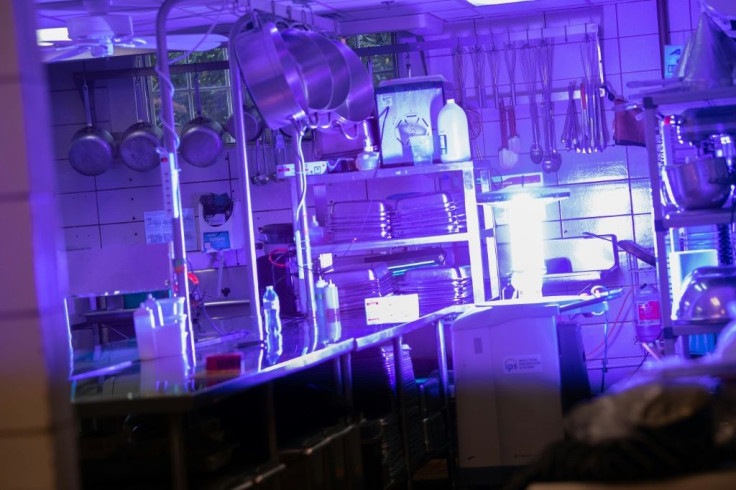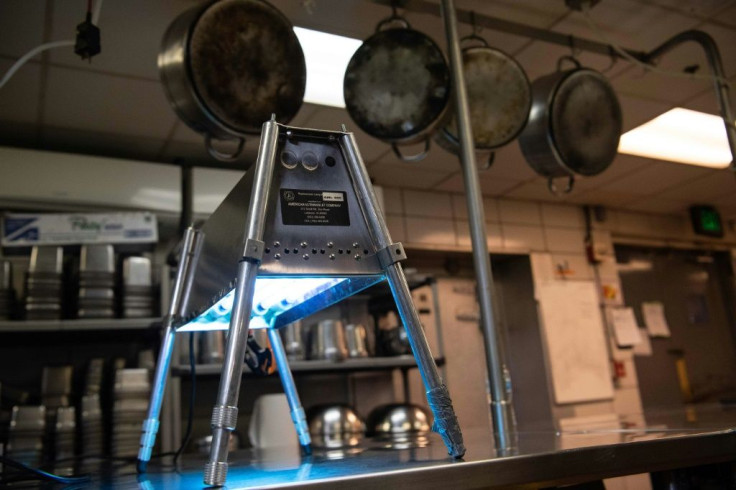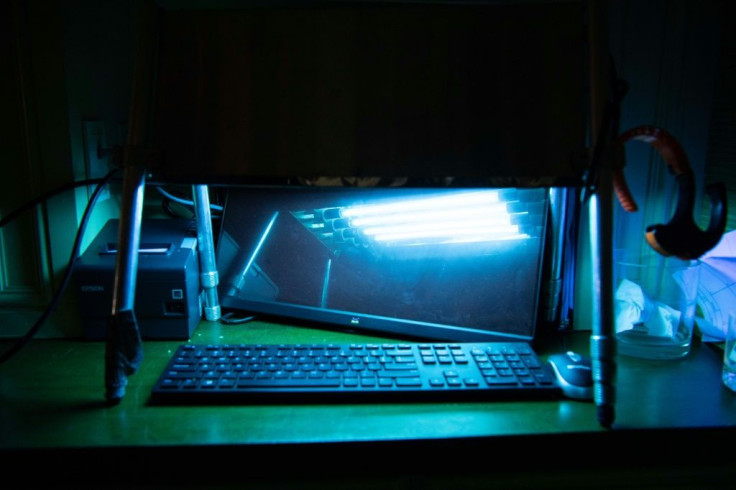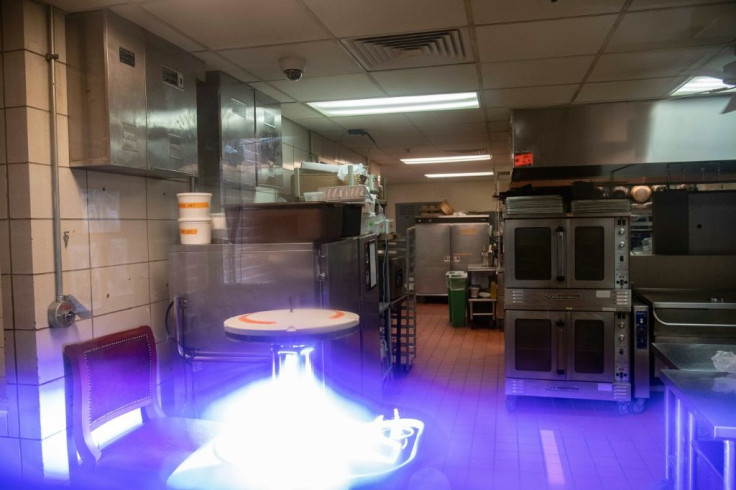Cleaning Crews Ready For Reopening In Post-pandemic US
Tables, chairs, counters, doors: reopened US businesses and restaurants will have to focus on thorough disinfecting if they want to lure customers, and cleaning companies are preparing for an explosion in demand.
With President Donald Trump pushing for a rapid easing of lockdowns even as the death toll from the coronavirus pandemic continues to climb, managers face new challenges as they rethink their approach to hygiene in public gathering places.
"For each building that is open, the demand is materially higher than it was pre-COVID," said Josh Feinberg, president of the Cleaning Coalition of America, comprised of seven commercial cleaning companies that banded together in late April to address the new issues facing the sector.

In the post-pandemic world, cleaning is a serious business. Rather than a simple dusting, businesses will need deep cleaning several times a day to thoroughly disinfect all surfaces.
"As more and more buildings open, the demand will continue to grow," Feinberg told AFP. "We are cleaning much more frequently... instead of just, you know, cleaning dirt."
Hospitals, nursing homes, schools and daycares all want to avoid contamination. Bars, restaurants, shops, hair salons need to reassure customers that it's safe to come in.

Robert Albrecht runs a small company in Havre de Grace, Maryland, and was contacted by the owner of a small pizzeria to set up a disinfection protocol prior to reopening, highlighting the need for "building the consumer confidence to come back in and sit down and eat."

The cleaning sector, which employs a million workers, expects to see activity jump by a third compared to the pre-pandemic level.
Trump, who is running for a second term in the White House, is anxious to see economic activity recover with less than six months until the presidential election.
Some US states have allowed restaurants and shops to open their doors, including Texas and Georgia, but others worry that a premature return to normalcy could lead to a second wave of infections and an even worse hit to the economy.

More than 90,000 people have died from COVID-19 in the United States, and testing still lags many European countries though has surpassed Canada.
Like other industries, demand for cleaning services fell drastically amid the nationwide lockdowns.
As they tried to stay afloat, and in anticipation of a spike in the need for their services, the companies worked to keep their employees and find new contracts to replace those they lost.
To help their new customers, they had to quickly train workers to clean and disinfect hospital rooms, supermarket shelves, and even a logistics warehouse, all places deemed essential that remained open amid the lockdowns and had to be cleaned with much more care than before.
However, these new clients only partially compensated for the 40 percent drop in activity.
"You can imagine if you shift from an office building to an airport or an airport to a hospital, it's very different," Feinberg said.
In Boston, for example, where the airport is largely deserted since most flights have been grounded, maintenance workers have shifted gears and are now preparing meals for hospital staff in the region, he said.
Albrecht's company, Infection Prevention Systems (IPS), also suffered a big hit due to the lockdowns: training, which represented half of the firm's income, disappeared, in favor of cleaning and disinfecting.
"We are extremely busy, obviously, but we are not in the field where we want to be," he said.
Its ultraviolet disinfection devices are particularly successful, and new sectors such as retirement homes now make up 45 percent of the company's business, compared to zero a few months ago.
IPS is even cleaning iconic yellow school buses, and has provided advice to paramedics to disinfect vehicles used to transport COVID-19 patients.
© Copyright AFP 2024. All rights reserved.




















